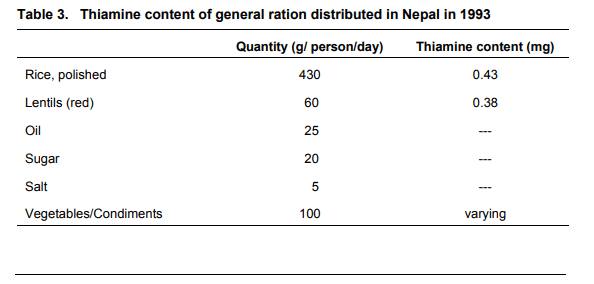His thread on diet is interesting, his diet is certainly peculiar, which is why I would be curious to know how he is doing, it's difficult for me to believe it's sustainable but he sounds like a smart guy.But here's his posts on the CO2 tank: Paging VOS- CO2 tank
From what other people reported he doesn't use thyroid all the time, he uses it to combat the stress of winter, keep in mind he is 80 yo. You can't always control the environment either, sometimes ***t happens.It seems that Ray Peat still uses some thyroid, progesterone, and DHEA even though he has perfected his diet over the years. I thought I heard him mention his mother was hypothyroid, but I am not sure. I know she used progesterone during her pregnancy with him.

